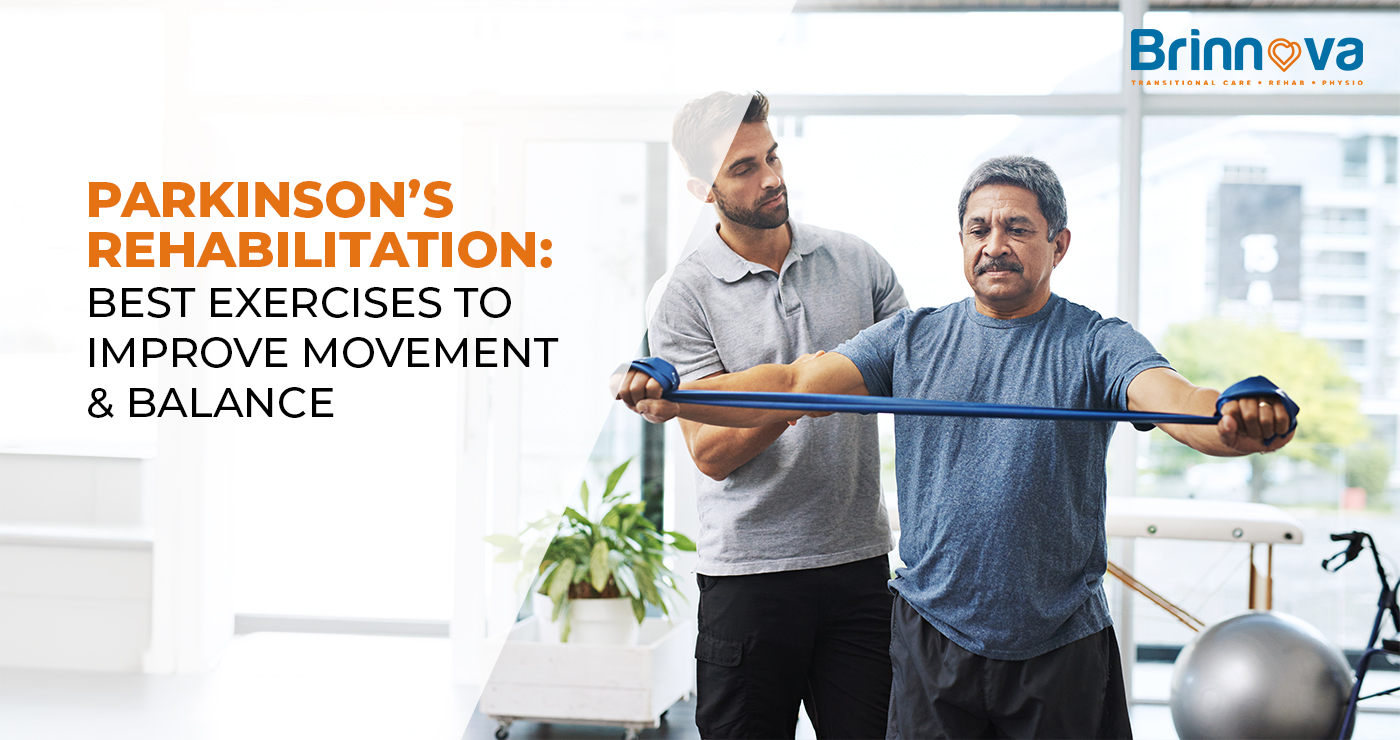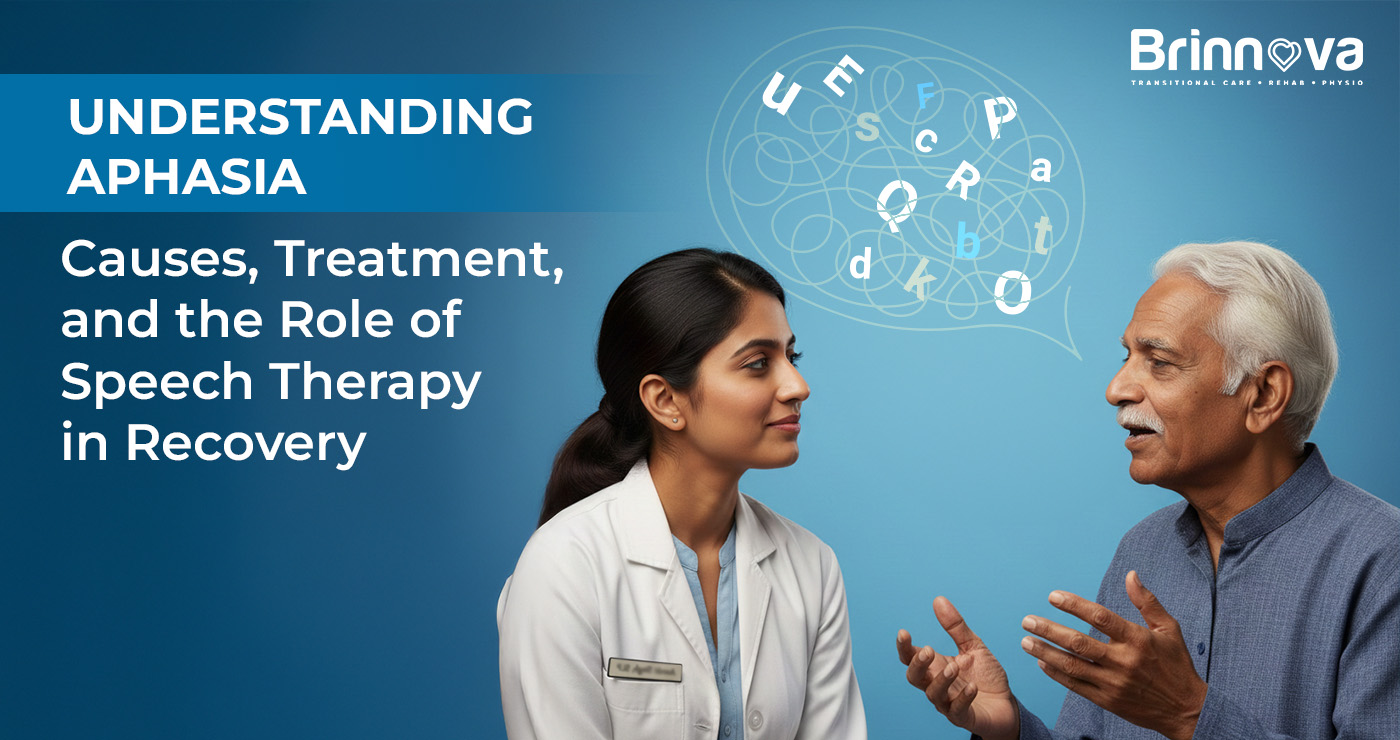What Is Physiotherapy? Benefits, Myths & Modern Treatments
Physiotherapy is a holistic, scientific concept of combating pain, physical dysfunction, and movement disorders that have an injury, illness, or disability basis Physiotherapy is not only exercise therapy but also the combination of manual skills, education, and lifestyle suggestions on mobility and the healing process. No matter what area you need help with, whether it is post-surgery rehab, chronic pain, or neurological recovery, physio can provide personal and individualised care according to the needs of your own body.
Physio is now easier and more accessible to more people than ever before; people suffering joint injuries, as well as people impacted by post-stroke rehabilitation, can now have access to the best physiotherapy techniques possible. People of every age can recover their functioning and minimize pain through modern physiotherapy treatment, and often medication and surgery are not necessary.
What Is Physiotherapy?
Physiotherapy constitutes the assessment and diagnosis of the illness and provision of personalised plans of treatment that restore and preserve functional gait. It is a combination of medical expertise and practical assistance, physical prescription, and training.
Such central things are:
- Manual Therapy: Gentle movement of joints and soft tissue.
- Physical Treatment: Flexibility and strength exercises.
- Electrotherapy: Employment of equipment such as ultrasound and TENS.
- Education and Advice: Enabling the patient to avoid relapse.
It has been largely employed in various age groups and conditions, ranging from orthopaedic injuries and neurological disorders. This service is not only developing, but lots of people are coming to use the services of physiotherapy hospitals in the city of Hyderabad or the nearest rehabilitation centre.
What Are the Benefits of Physiotherapy?
Physio also helps more than just relieving pain in the short term. Among the benefits of physiotherapy are the following:
- Pain Management: Decreased use of pain medication.
- Does Not Involve Surgery: Non-invasive way to treat numerous musculoskeletal disorders.
- Improved Mobility: Aids in the functioning of joints and muscles.
- Enhanced Balance: Particularly beneficial to older people.
- Post-surgery Helps to regain strength and movements without danger.
- Chronic Conditions Management: Like arthritis or Parkinson's disease.
- Sports Rehabilitation: Recovery to play at a faster rate, at a minimum risk of re-injury.
By adhering to a routine rehabilitation, patients with chronic pain or physical restriction usually get their independence and improved quality of life.
What Are the Common Myths About Physiotherapy?
Most of the physiotherapy myths deter individuals from receiving assistance:
- Myth: It is only meant to treat sports injuries.
Fact: It caters to anything, which includes stroke recovery to the post-care procedure. - Myth: A doctor referral is necessary all the time.
Fact: The majority of the physiotherapists take direct appointments. - Myth: All of it is nothing more than a massage and stretches.
Fact: It encompasses sophisticated diagnostic skills - Myth: It is just for old people.
Fact: Physio is beneficial to all people of all ages, including children and athletes. - Myth: It takes just one or two sessions.
Fact: Long-drawn solutions usually require a long-term plan to take effect.
The knowledge of these physiotherapy myths assists individuals in making the right choices, hence not waiting too long to seek treatment.
What are the Common Physiotherapy Methods?
The physiotherapy conditions treated are varied according to the diagnosis and individual needs of a patient. Common ones are:
- Manual Therapy: It involves joint mobilisation and manipulation.
- Dry Needling: Dry needling involves targeting trigger points to relieve them.
- TENS (Transcutaneous Electrical Nerve Stimulation): Aids in the management of pain.
- Ultrasound Therapy: Accelerates the recovery of tissues through the sound waves.
- Therapeutic Exercises: From strengthening, flexibility and endurance programs that are designed accordingly.
- Hydrotherapy: These are exercises done underwater so that the strain and loading on the joints are minimised.
These physiotherapy techniques have been designed to alleviate pain, increase mobility, and restore functions within a shorter period than medication can perform them.
What are the Modern Physiotherapy Treatments?
Modern physiotherapy treatments have appeared because of the development of healthcare and are safer and more efficient than ever. Such innovations are:
- Online Consultations and At-Home Exercises: An online virtual therapy session.
- Robotic Rehabilitation: It is applied specifically in neurological recovery.
- Shockwave Therapy: Therapy which is effective for chronic muscle pain and tendonitis.
- Wearable Sensors: Track real-time posture and movement.
- Laser Therapy: It speeds the healing of soft tissues.
All these are readily accessible in any of the leading physiotherapy hospitals in Hyderabad, which deliver better results even in complicated instances.
What Conditions Are Treated with Physiotherapy?
The physiotherapy conditions treated and cured are monumental, and they keep on growing. Some of the most common ones are:
- Musculoskeletal: Pain in the back, arthritis, and shoulder injury.
- Neurological: Parkinson's, stroke, multiple sclerosis.
- Paediatric: Delay in development, cerebral palsy.
- Cardiopulmonary: COPD, post-surgery of the heart, chronic.
- Post-Operative Strength Training: Knee or hip replacement.
- Pelvis: Women and health problems.
Knowing that many conditions are treated using physiotherapy will enable patients to appreciate when their condition can be addressed through physiotherapy and thus enhance their living conditions.
What to Expect during a Physiotherapy Session?
The initial visit usually consists of:
- Initial Assessment: Analysis of medical history and physical examination.
- Goal Setting: The conversation about the realistic and unrealistic results.
- Treatment Plan: The physical therapy approach is a combination of therapy, instruction, and exercises.
- Progress Tracking: What has changed in the course of your recovery?
Classes tend to take about 30-60 minutes, with the possibility of exercises being demonstrated that you can do at home. Any physiotherapy hospital in Hyderabad and other clinics provide individualised care in a conducive environment.
What are the Ways One Can Secure the Right Physiotherapist?
To locate the most suitable physiotherapist is not about verifying credentials. This is what to take into consideration:
- Experience: Seek an experienced person who knows your particular condition.
- Communication: They must be able to explain to you clearly how you will be treated.
- Reputation: Look at reviews and testimonials.
- Accessibility: Ready schedule and a convenient location.
- Facility: Nice, well-stocked and secure place.
You do not necessarily have to be in the hospital. A specialised special education school, autism school, or community clinic may also offer integrated physiotherapy, especially for children with additional needs.
Brinnova: The Best Hospital in Hyderabad for Physiotherapy Services
Physiotherapy provides hope, healing and long-term remedies for a myriad of physical health challenges. No matter whether you are dealing with pain, post-op, or neurological conditions, it focuses on drug-free but evidence-based care, which is customized to the particular needs of a patient. We take care of people at Brinnova Care, putting compassion together with the latest state-of-the-art physiotherapy treatments to help you get back on your feet, to be able to move, and to have the confidence to bear. In case you are seeking the best physiotherapy hospital in Hyderabad, we are here to assist you each step, stretch and stride along the way.




